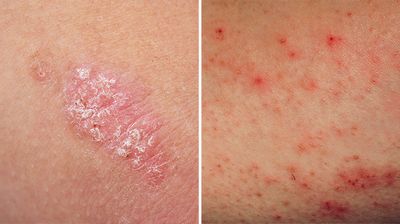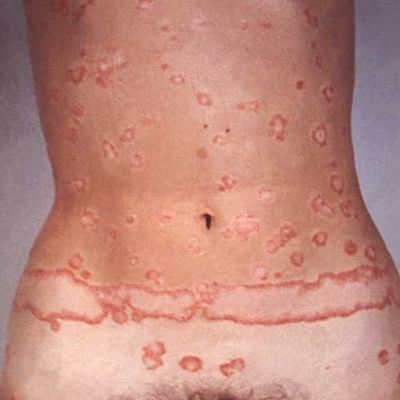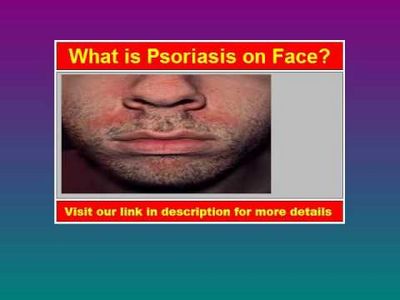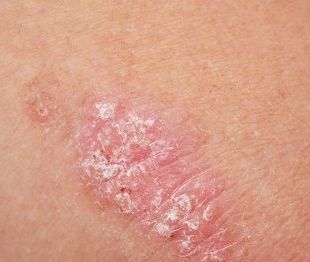For millions of people around the world, what is psoriasis is one of the most irritating conditions to live with.

Psoriasis, also known as atopic eczema, is a skin condition that causes itchy red patches and bumps all over the body. For some individuals, they are extremely embarrassing and can even affect their personal and professional lives.
Psoriasis can be caused by many things. Some individuals have a genetic predisposition to developing psoriasis. Others develop it due to environmental factors. Whatever the cause, psoriasis can result in the development of thick, itchy, crusty, flaky patches on your skin.

It may also lead to scars and the development of psoriasis scars, which is why it’s so important to identify the condition early on.
What is psoriasis on face is the second most common cause of psoriasis in adults and is usually caused by atopic eczema? What is psoriasis on face is actually a genetic disorder that is triggered by an imbalance of your skin’s natural substances, or chemicals. When your body produces too much of a certain substance called sebum, your skin produces more of it than you’re suppose to. Unfortunately, if you do not change your diet and try to alter your lifestyle, your skin can become extremely oily and will eventually lead to the appearance of patches and flaky skin on your face.
Eczema on the face is very similar to other types of psoriasis. However, since your skin is constantly being attacked by bacteria and other organisms, you have a higher chance of developing it because it is easier for those harmful organisms to invade your skin. This can also cause your skin to produce a higher amount of certain chemicals that can exacerbate the appearance of the symptoms, making it even harder for you to treat the condition. In turn, you may even experience further irritation or breakouts.
Eczema on face is also related to atopic eczema, which is a type of dermatitis that can be brought about by allergies to dust, mold, pet dander, mold spores, and certain foods.

Eczema on face is caused by an allergic reaction to these irritants. When you are constantly exposed to the allergens that trigger your symptoms, the skin’s immune system doesn’t work properly. You can experience redness, inflammation, dryness, itchiness, and even blistering.
If you are suffering from psoriasis on face, you should seek medical help from a dermatologist to determine what the cause of your eczema may be. If your doctor determines that you have atopic eczema, your eczema may need to be treated with medication in order to reduce or eliminate the itchiness, swelling, and discomfort associated with the condition.
Eczema on the face can be very itchy, but the good news is that there are many treatment options out there. Although psoriasis can be cured, it may take some time before you achieve complete relief.

For those who suffer from severe cases of the condition, prescription medication can be prescribed.
Some people find that by using certain creams or lotions that they can alleviate the symptoms and improve the health of their skin in general. However, what is psoriasis on face is something that needs to be treated as soon as possible.
By using any over the counter products that contain petroleum jelly or some type of moisturizer, you can keep your skin moist enough to protect it from drying out. This will keep your skin more supple and allow it to heal faster and stay looking healthier for longer.
Another thing you can do is to moisturize your skin more often, but not too often because this can irritate the skin. If you use excessive moisture on your skin, it will clog your pores, which will worsen the problem.
In conclusion, there are many reasons why you might have eczema on the face, but the most common reason is allergic reactions to certain irritants and allergens. You must learn to control the symptoms in order to fully treat the condition. Once your skin has healed, you can look forward to a smooth and supple face.